
Breaking News: Unilorin Alumi Association: 'We were warned' - Opinion
Breaking News: Breaking: Court Restrains Oyo Assembly from Further Impeachment Process Against Makinde’s Deputy, Olaniyan
Breaking News: Labour leaders physically assault Ogun journalists for covering strike, harass hospital workers
Breaking News: Congratulations Asiwaju – Osinbajo’s spokesperson accepts defeat
Breaking News: Finalissima: Messi steals show, beats European Champion, Italy
The Court of Appeal, Ibadan division, sitting in Ibadan, the Oyo State capital, has faulted the judgement of an Oyo State High Court which awarded N20 billion damages to a self-acclaimed activist, Sunday Adeyemo, popularly called Sunday Igboho.
The appelate court held that enforcement of fundamental right is secondary in the face of national security, adding that it is not within the right of Igboho to take up arms against a soverign state in the guise of self-determination.
Delivering judgement Tuesday, in the appeal against the judgement of Justice Ladiran Akintola of the Oyo State High Court, Justice Muslim Hassan held that Justice Ladiran Akintola, who delivered the judgement on September 17, 2021, acted on the wrong principles of law in awarding the cost to Igboho.
The Attorney General of the Federation, State Security Service and Director, State Security Service in Oyo State, were the appellants in the case.
The appellate court held that Justice Akintola can’t assess damages claimed by Igboho using his own conceived parameters.
Recall that Justice Akintola had on September 17, 2021, awarded the sum of N20 billion as damages against the defendants in the case over the invasion of Igboho’s Ibadan residence, on July 1.
But Justice Hassan held that the judgement of the lower court was not supported by any evidence, but by two affidavits.
He added that there was no evidence that quoted the value of damages at Igboho’s residence.
Justice Hassan also held that there was no evidence including autopsy to support the claim that two people were killed in the activist’s residence during the invasion.
According to the judge, the lower court assumed jurisdiction of the case to look at the enforcement of fundamental human rights suit filed by Igboho without looking at the merit of the case.
He said the court should not have assumed jurisdiction of the case without looking at its merit.
The judge added that the case did not qualify under the enforcement of human rights because there is a threat to national security.
“When there is a threat to national security, the enforcement of fundamental right is secondary. I have read the judgement of the lower court and the Article 20:1 of the African charter on self-determination and Article 3 and 4 of the United Nations charter on rights of the indegeneous people which the judgement was based upon. A statute can not be treated in isolation.
“When considering a statute, entire provision should be considered and not a section. The same charter talks about the sovereignty of a nation. Neglecting Article 27, 28, 29 of the African charter will not give proper interpretation to it.
“Article 3 and 4 of the United Nations charter have not been domesticated in Nigeria. No international treaty shall have a force of law without being treated by the national assembly; and international treaty does not become binding unless enacted into law by the national assembly.
“Therefore, the United Nations declaration is not enforceable in Nigeria. The judge acted on wrong principles of law and the action of the respondent constitute a threat to unity of Nigeria. The respondent has no right to take up arms against Nigeria,” Justice Hassan held.
The appellants had filed six grounds of appeal part of which was whether the lower court was right to determine the issue of fundamental human right; if the trial judge was right to assume jurisdiction of the case against a Federal Government agency; if the originating motion of the respondent was competent; if the respondent was right to take up arms against the government in his quest for self-determination; if the trial judge was right t.o enter judgement in favour of the respondent; and if the trial judge was right to award damages to the respondent.
Justice Hassan resolved issues 1, 4, 5 and 6 in the applicants favour and resolved issues 2 and 3 in favour of the respondent.
The judge subsequently held that the lower court lacked the jurisdiction to entertain the suit and set the judgement aside.
He also said respective parties in the case should bear their costs.
Reacting to the judgment, the legal head of DSS in Oyo State, Barr. Nurudeen Abdulrahman, said the judgement affirmed the position of 1999 constitution.
Counsel to Igboho, Chief Yomi Alliyu (SAN) also commended the judge for a well-considered judgement.
Newsletter

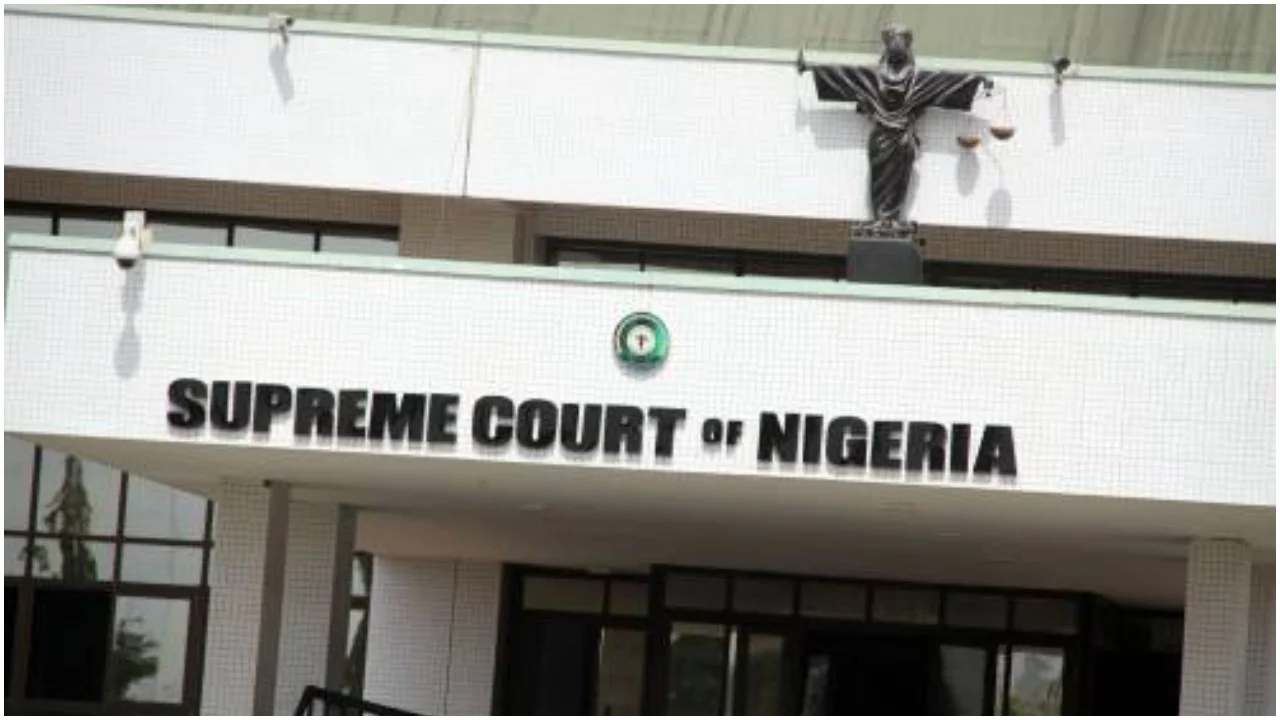
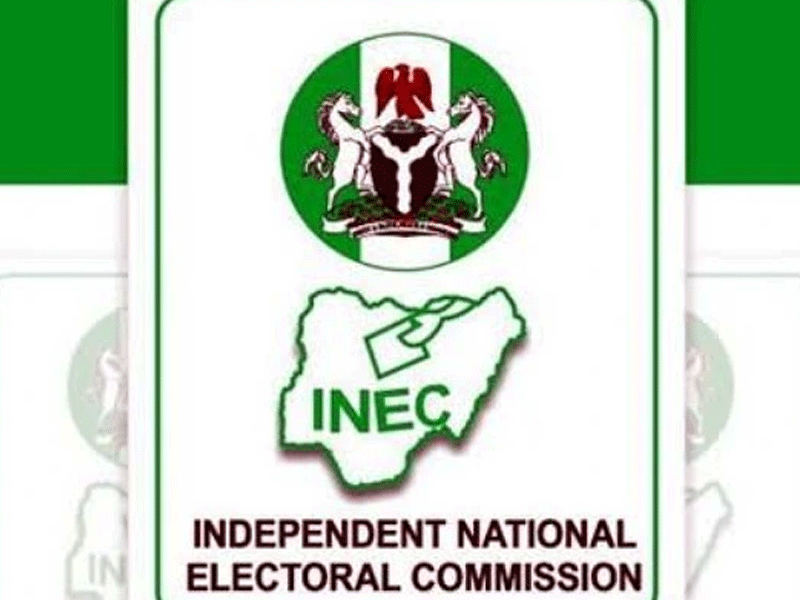
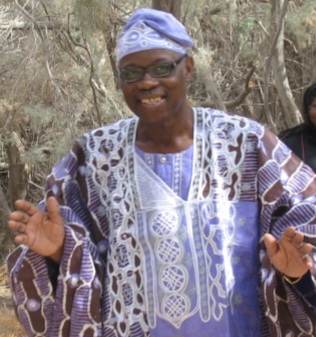
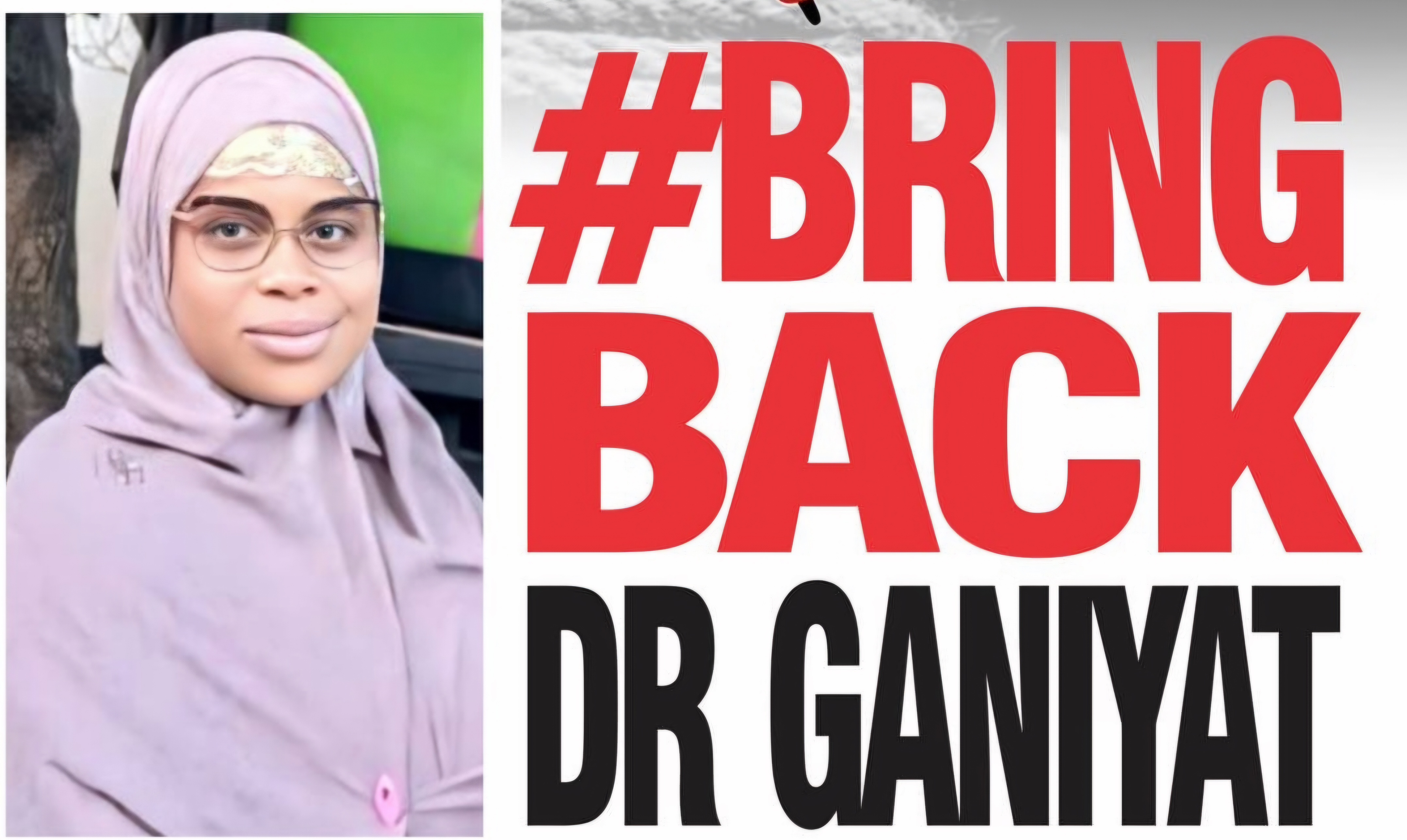
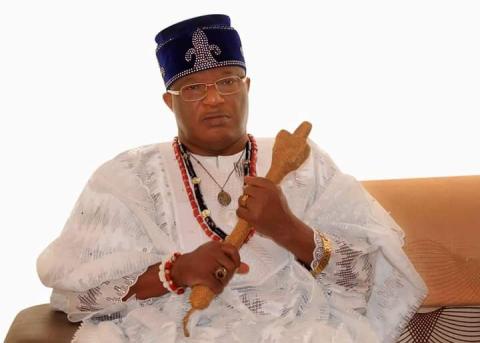
We are not gonna make spamming
Copyright By @ HorizonTimes - 2025
BACK TO TOP